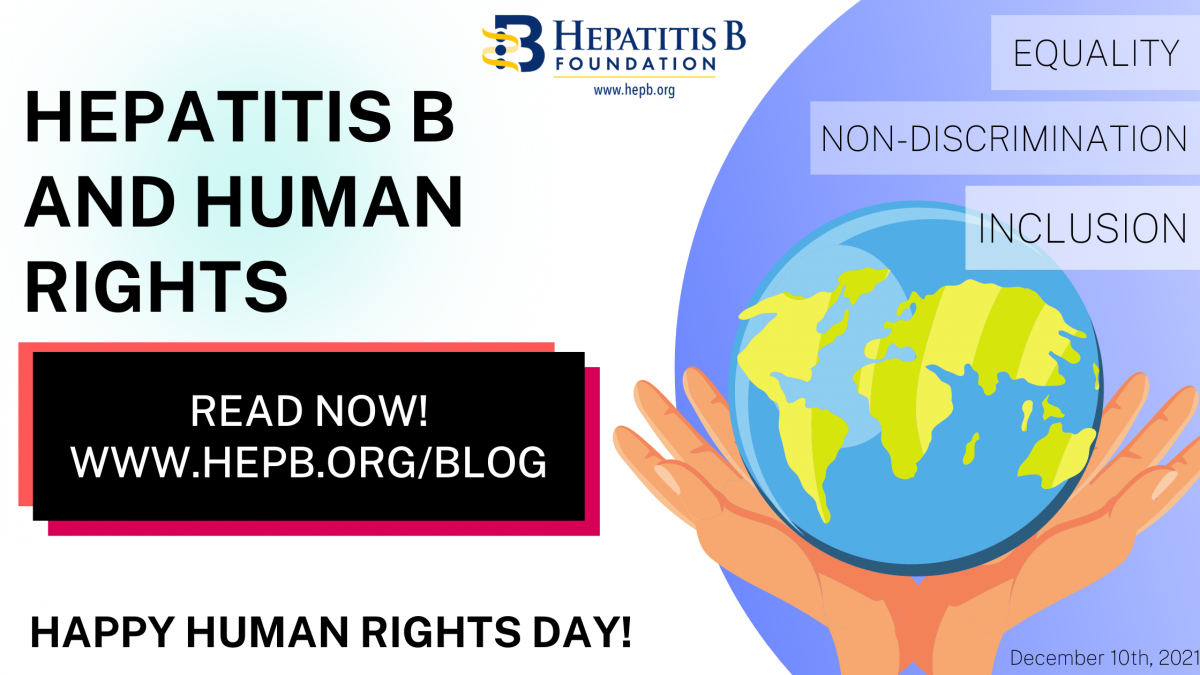 1. Get monitored every 6 months
1. Get monitored every 6 months
All people with chronic hepatitis B infection, including children and adults, should be monitored regularly since they are at increased risk for developing cirrhosis, liver failure, or liver cancer. During these check-up visits, your provider will monitor your health through a physical exam, blood tests and imaging studies (such as an ultrasound, FibroScan [Transient Elastography] or CT scan). The goal of these check-ups is to make sure that you are staying healthy and to detect any liver problems as early as possible.
2. Take your antiviral daily
Medication adherence can be hard, especially if you have to take a pill every day! It is important you take your medication every day.
3. Ask your doctor to be screened for liver cancer
Did you know the most common risk factor for liver cancer is chronic infection with the hepatitis B virus? Individuals chronically infected with hepatitis B have a 25% to 40% lifetime risk of developing liver cancer. It is important to ask your doctor to be screened for liver cancer every year!
4. Ask your doctor to be screened for hepatitis D
You can find out if you have hepatitis D through a simple blood test. Hepatitis delta, also known as hepatitis D or HDV, is a liver infection caused by the hepatitis delta virus that results in the most severe form of viral hepatitis known to humans. Only those already infected with hepatitis B can acquire hepatitis delta, as it is dependent on the hepatitis B virus to replicate.
5. If someone promises a new cure or treatment that sounds too good to be true….it is
In the search to eliminate hepatitis B, we may be tempted to try a supplement that promises to cure us. But first, do your homework and practice precautions. To check out an herbal supplement, visit the National Center for Complementary and Integrative Health’s website to see what scientific evidence exists for a supplement and talk to your doctor. There is no magic bullet that will cure hepatitis B. Expert researchers hope to find one soon, but for now be patient and stay skeptical of “cures”. If you want to safeguard your health, eat healthy foods and avoid alcohol and cigarettes, and talk to your doctor about treatment with an FDA-approved antiviral medication.
6. Stay informed about clinical trials and drug developments
There is lots happening on the research front. To find out what drugs are in the development pipeline, visit the Hepatitis B Foundation’s Drug Watch page for the latest news. You can also find out if you qualify for a clinical trial. Expensive blood work, treatment medications, and doctor’s visits are usually free-of-charge for those accepted into a study. The Foundation features a Clinical Trial Finder that can help you find clinical trials in U.S. and around the world at its Clinical Trials page. You could become part of the cure.
7. Fight hepatitis B-related discrimination
Hepatitis B should never be a barrier to the education or job you want. Sadly, ignorance and stigma remain in the U.S. and abroad. It depends on us, our friends, and our family, to stand up and fight for our civil rights. The Hepatitis B Foundation has made much progress, but discrimination is still active and affecting people’s quality of life. If we don’t advocate for ourselves, who will? The Hepatitis B Foundation is working to document discrimination related to hepatitis B through its Hepatitis B Discrimination Registry. If you experienced hepatitis B discrimination, please report it through the Registry Survey
8. Practice safe sex and harm reduction strategies
Today, in some areas of the U.S., hepatitis B is increasing—even though a safe and effective vaccine exists. Unfortunately, not everyone is immunized, and the infection is still being transmitted sexually. Amid America’s opioid epidemic, it’s also spreading when syringes are re-used and shared. Make sure your friends and family members know how to prevent sexually transmitted infections (even if those conversations are challenging, their lives may depend on it), encourage them to get vaccinated for hepatitis B, and support needle exchange programs in your region and state. Countless studies show that when needle exchange programs are available, HIV, hepatitis B and C rates decline! It saves lives and healthcare dollars!
9. Pregnant? Ask your doctor about the vaccine
Infants born to women with hepatitis B must receive accurate doses of hepatitis B vaccine and hepatitis B immune globulin (if recommended and available) to ensure complete protection. In order to protect these infants, medications should be given immediately after birth in the delivery room or within the first 12-24 hours of life. Some women also benefit from treatment during their third trimester to prevent mother-to-child transmission, so talk to your doctor.
10. Join a support group
There are several good Internet Support Group Listservs dedicated to hepatitis B. These Lists provide emotional support and practical help for those living with hepatitis B. There are also organizations that can refer individuals to traditional (“land-based”) support groups.
HepBCommunity.org is a global peer-led, volunteer-driven forum to support those living with and affected by hepatitis B supported by Westmead Hospital Foundation (AU) and the Hepatitis B Foundation and . They are dedicated to connecting people affected by hepatitis B with each other and with verified experts in the field who provide trustworthy and accurate advice.
HBV Adoption Support List
Adoptive or biological parents of children living with hepatitis B are invited to participate. This is a restricted list to protect the privacy of parents and children and requires pre-approval by the list owners to join. Update: This group has moved to Facebook and is currently set to private. Please email info@hepb.org for more information.
Adoptive and biological parents of children living with chronic hepatitis B or C, and HIV are invited to participate. This is an unsupervised list sponsored by the national non-profit organization PKIDs.
San Francisco Hep B Free – Bay Area hosts this group for those living with acute or chronic hepatitis B, and their family and friends. The site is moderated by the organization, and is currently only available for those living in the United States.
Author: Evangeline Wang
Contact Information: info@hepb.org


